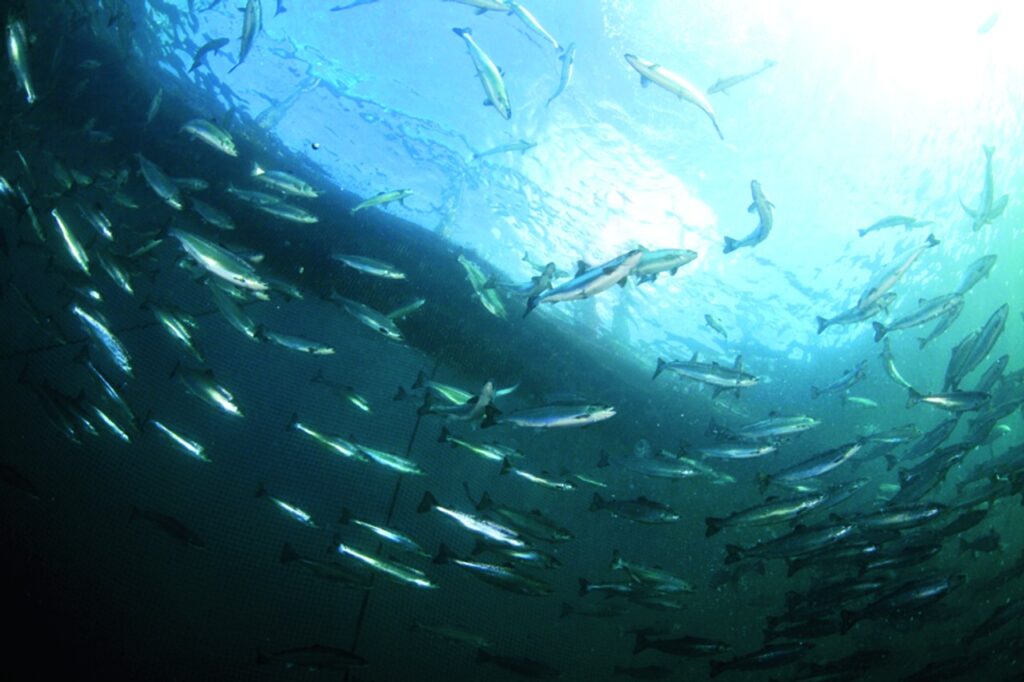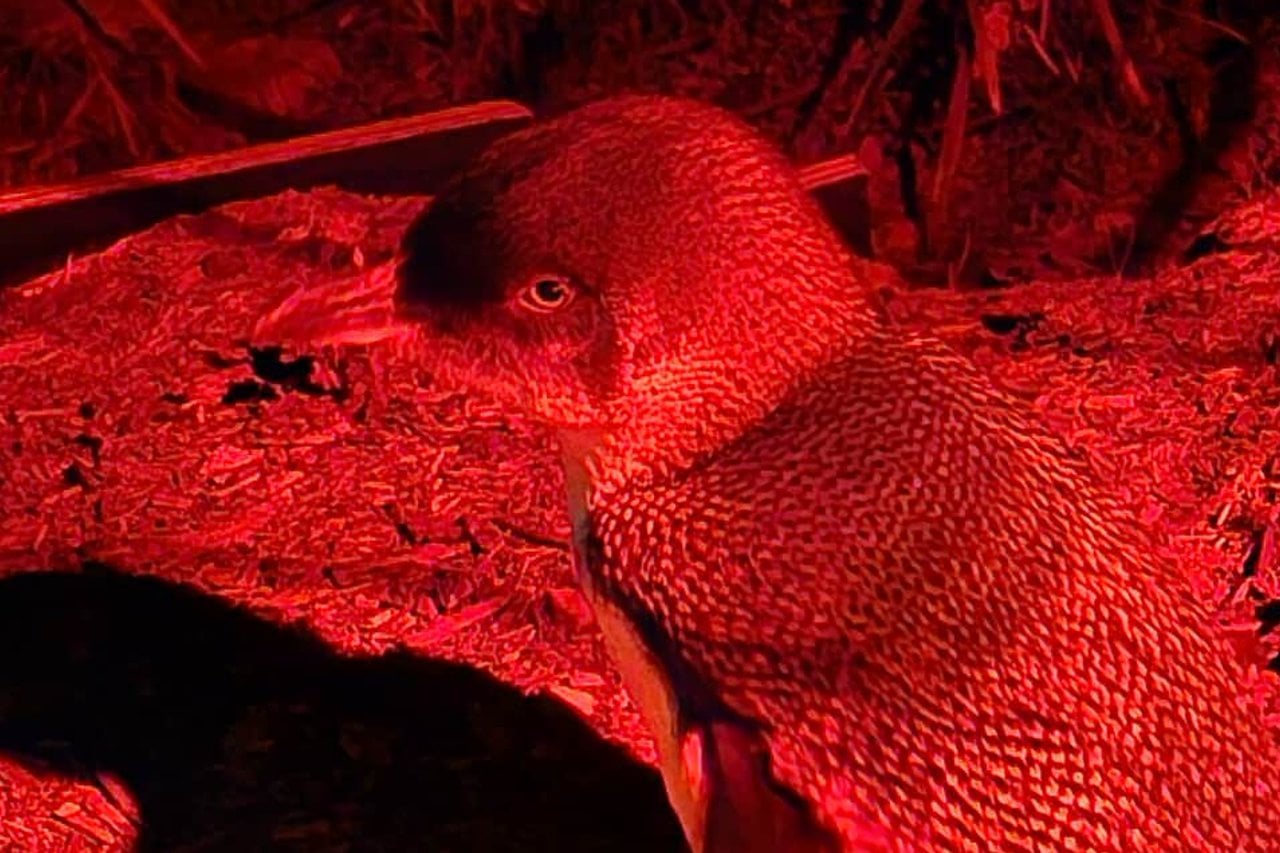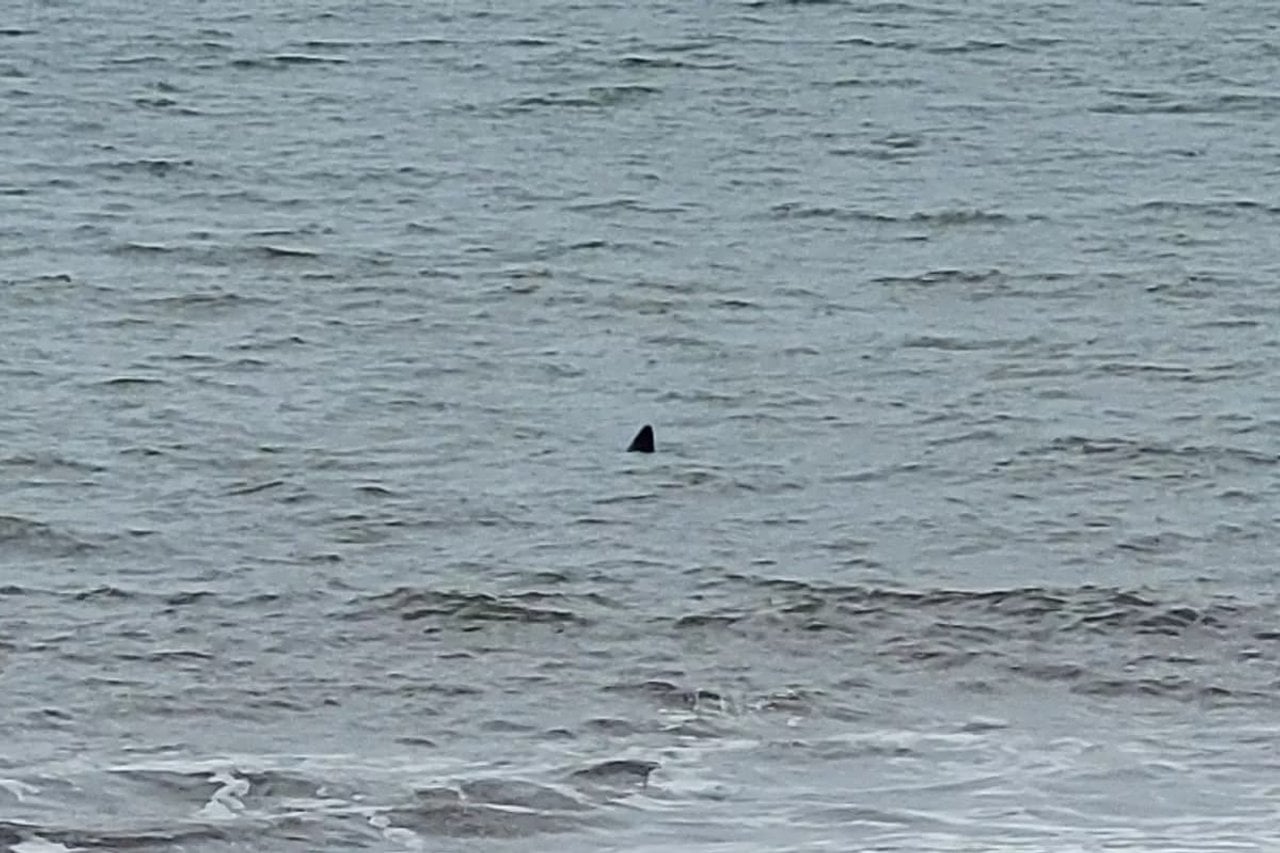Tasmania’s salmon industry is rolling out bubble curtains across more than 160 pens this summer, after a small-scale trial slashed jellyfish numbers by almost 80%.
Tassal will install the barriers at six lease sites, stretching from Okehampton Bay in the east to the D’Entrecasteaux Channel in the south.
The system works by creating a wall of bubbles outside salmon pens, stopping jellyfish from entering.
The expansion follows last year’s trial across 12 pens, which recorded an average 77% drop in jellyfish inside the enclosures.
Tassal’s general manager of salmon Tim Stephens said the results were “very encouraging” for the industry.
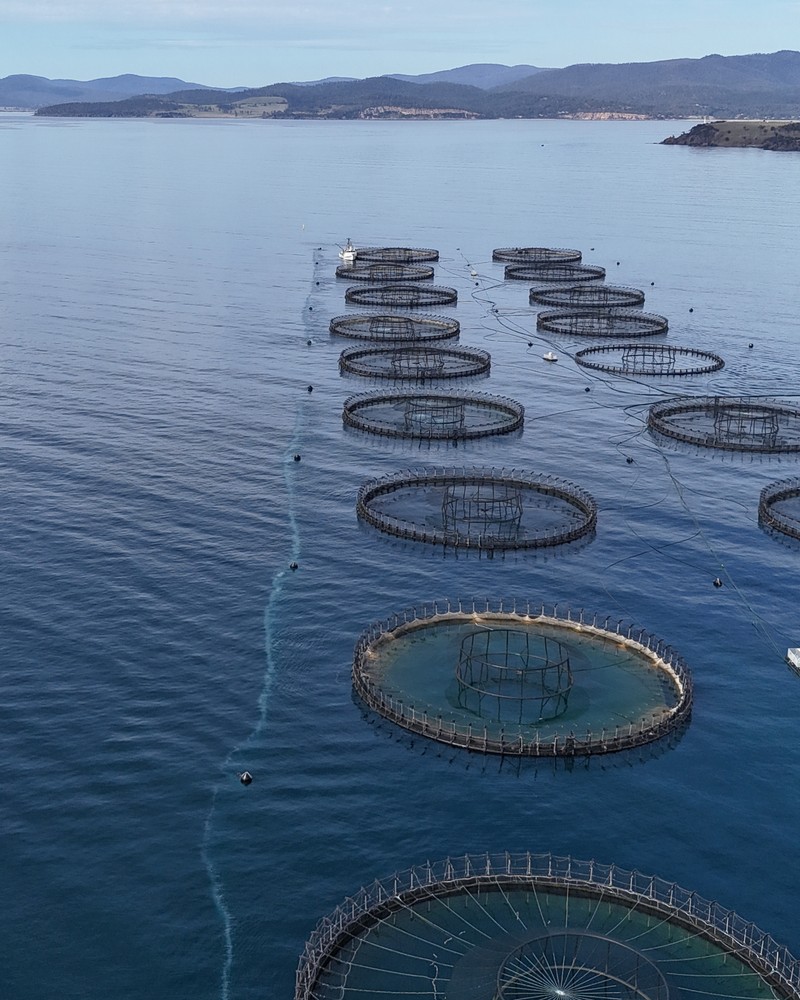
“Here at Tassal we’re always looking for new and innovative ways to continually improve salmon health and the jellyfish bubble curtain is just one great example of that,” he said.
The curtains are currently being shipped from Canada and will be installed throughout November, with the aim of having all 166 up and running by the first day of summer.
The technology marks an Oceania first for salmon aquaculture at this scale.
Similar trials are underway at farms in Canada, Norway, Ireland and Scotland.
In Ireland, high-flow bubble curtains were found to block large jellyfish effectively, but low-flow systems around commercial farms made little difference against smaller species.
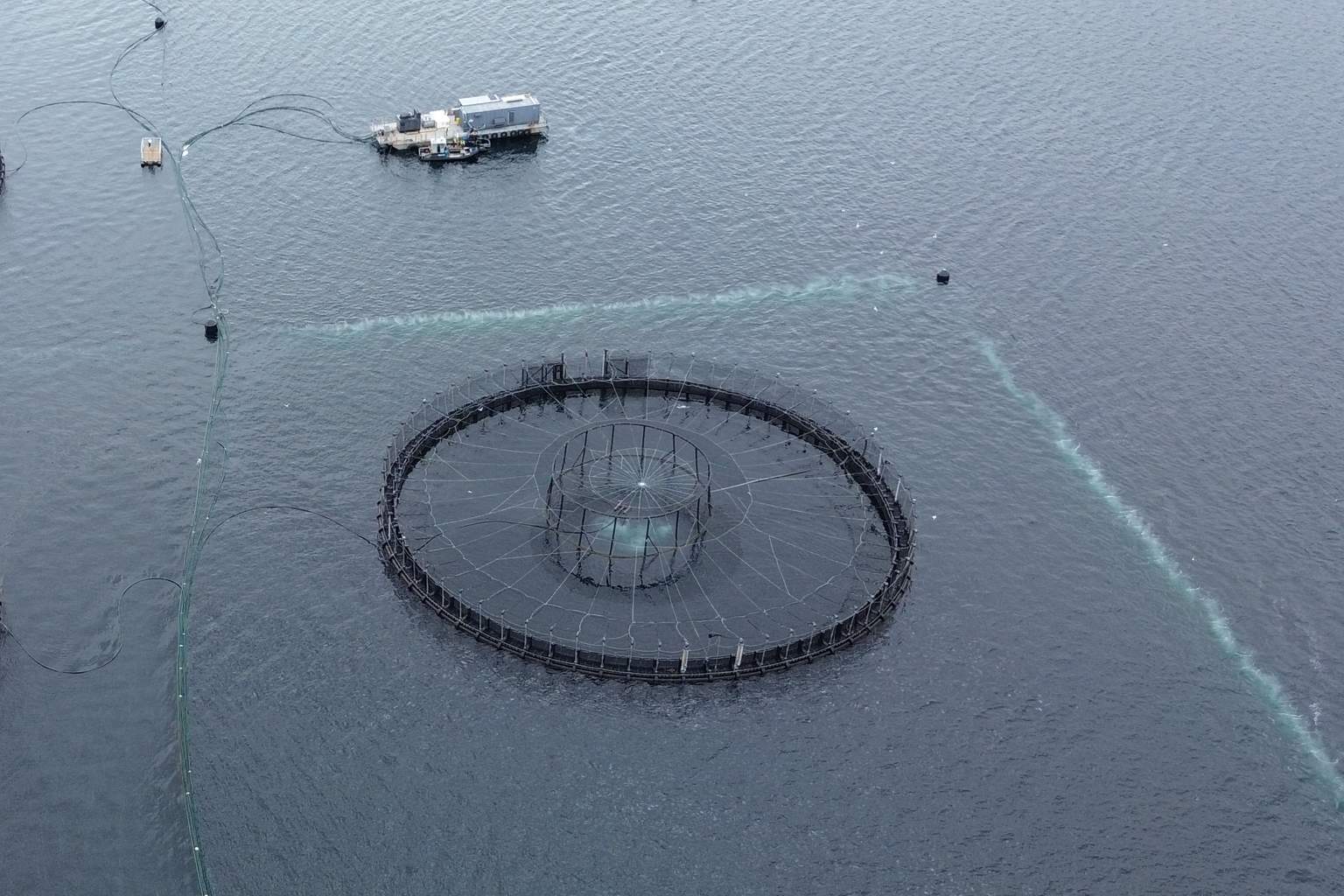
Norwegian researchers reported that while bubble curtains can stop whole jellyfish, they don’t prevent tiny fragments from breaking off and slipping through to sting fish.
Salmon Tasmania CEO John Whittington said the curtains were part of a broader push to prepare for summer, when warmer waters bring added challenges such as jellyfish and bacterial infections.
Last summer was disastrous for southern Tasmania’s salmon industry, when millions of fish infected with Piscirickettsia salmonis (P. salmonis) had to be disposed of.
“It’s another exciting advancement in research and development that is assisting to improve fish health and wellbeing,” he said.
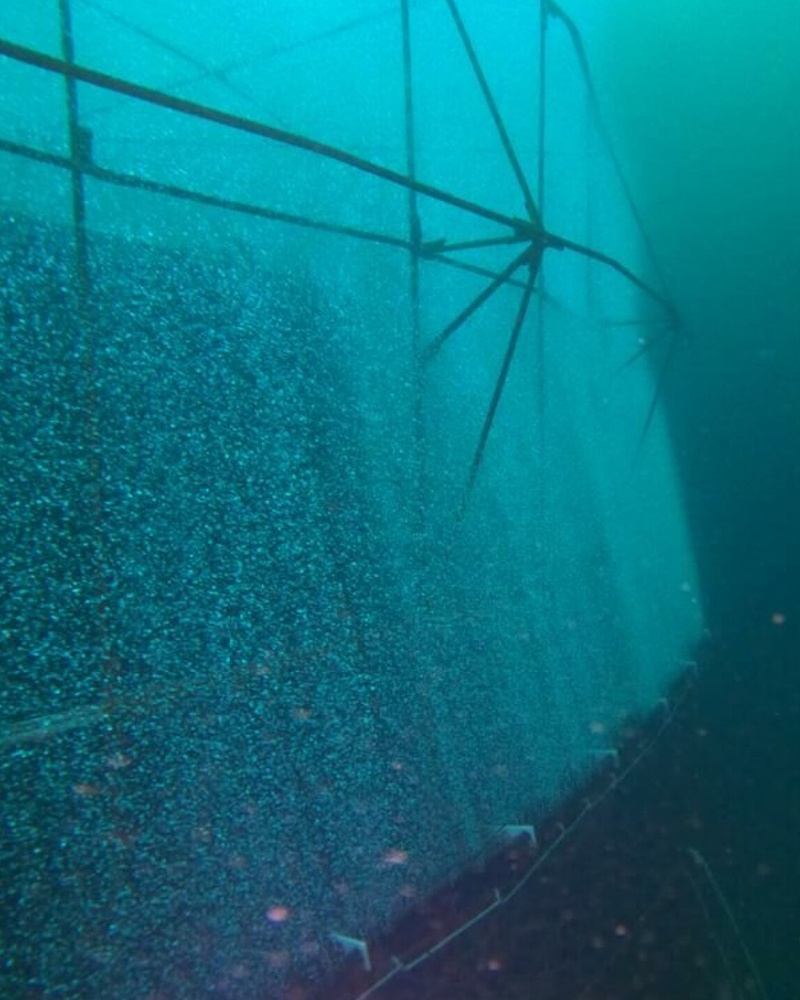
“While there is no single silver bullet to protect salmon from risks including jellyfish or the endemic P.salmonis bacteria, our industry is investing in continuous research and developments to ensure it is as best prepared as possible ahead of this summer.”
The industry is also investing in other health measures, including a vaccine and work to gain approval for the antibiotic florfenicol.

